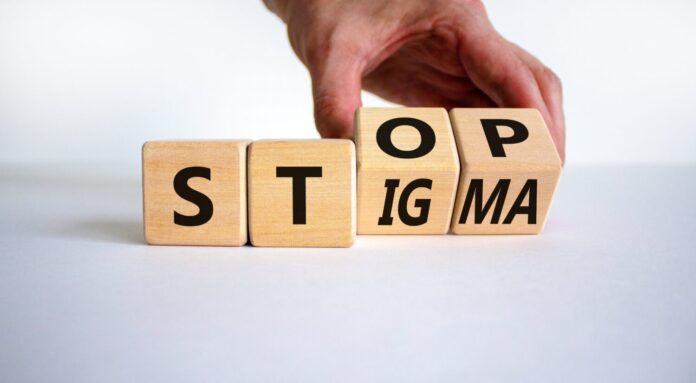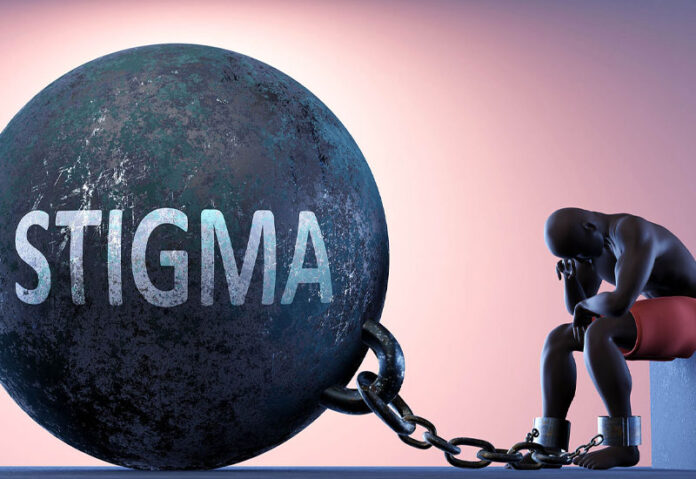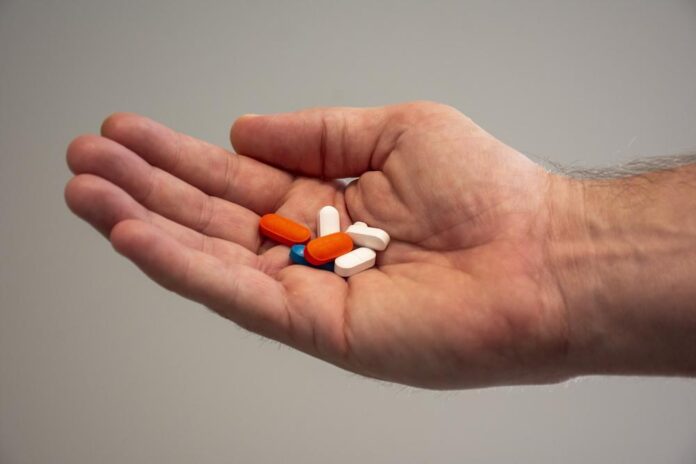The emergence of online Suboxone clinics is not just a medical advancement; it’s a societal breakthrough in how we view and treat opioid addiction. This post delves into how these clinics are dismantling the barriers of stigma and accessibility, providing discreet, empathetic, and effective care to those in need.
Join us as we uncover the transformative impact of online Suboxone clinics in the realm of addiction recovery.
What is the Stigma Around Opioid Addiction?

Opioid addiction has long been mired in a web of stigma, surrounded by misconceptions and judgments. Understanding the stigma around opioid addiction is key to addressing this public health crisis, as it shapes how individuals, communities, and healthcare systems perceive and respond to those struggling with addiction.
Misunderstanding of Addiction
Often, society views opioid addiction as a moral failing or a lack of willpower, overlooking the complex interplay of genetics, environment, and brain chemistry in addiction. This misunderstanding fosters a judgmental attitude towards those struggling with opioid dependence. As a result, individuals may feel ashamed and reluctant to seek help, perpetuating a harmful cycle of addiction.
Perceived Criminality
Opioid addiction is frequently associated with criminal behavior in the public eye, leading to a stigma that labels those suffering as lawbreakers or dangerous individuals. This perception is fueled by media portrayals and societal biases, disregarding the fact that addiction is a health issue, not a criminal choice. Such stigmatization can isolate individuals from society and hinder their access to necessary treatment and support.
Barriers to Treatment Access
The stigma surrounding opioid addiction often extends to the healthcare system, where individuals may face judgment or inadequate care from medical professionals. This can create significant barriers to accessing effective treatment, as patients may feel misunderstood or mistreated. Overcoming this stigma is crucial to ensure that those battling opioid addiction receive compassionate, evidence-based care.
Impact on Mental Health

Stigma can exacerbate the mental health challenges that often accompany opioid addiction, such as depression and anxiety. The fear of being judged or ostracized can lead individuals to hide their struggles and avoid seeking help. This isolation can worsen their mental health and addiction, creating a detrimental cycle that is hard to break.
Social Isolation and Discrimination
People struggling with opioid addiction often face social isolation and discrimination, which can come from family, friends, employers, and the community. This isolation not only hinders recovery but also reinforces feelings of guilt and worthlessness. Breaking down this stigma is essential for creating a supportive environment that encourages recovery and reintegration into society.
What is Suboxone?
Suboxone is a medication-assisted treatment (MAT) that helps alleviate withdrawal symptoms and cravings, allowing individuals to focus on their recovery. Buprenorphine, a partial opioid agonist, eases withdrawal symptoms without producing a significant high. Naloxone, an opioid antagonist, helps prevent misuse by blocking the effects of opioids.
Role of Suboxone in Opioid Addiction Treatment

Despite the challenges posed by stigma, advancements have been made in addiction treatment. Suboxone, a medication that combines buprenorphine and naloxone, has emerged as a viable option for individuals seeking recovery from opioid addiction.
Balancing Safety and Efficacy
Suboxone is designed to minimize the risks of opioid abuse while providing relief from addiction-related discomfort. Its formulation deters misuse, as naloxone becomes active if the medication is injected, reversing the opioid effects. This safety feature, combined with the efficacy of buprenorphine, makes Suboxone a preferred choice for many healthcare providers.
Facilitating Recovery and Normalcy
The use of Suboxone in treatment allows individuals to regain a sense of normalcy in their lives. It reduces the physical and psychological burdens of withdrawal, enabling patients to participate more fully in therapy and daily activities. This aspect of treatment is vital for long-term recovery and reduces the likelihood of relapse.
How Do Online Suboxone Clinics Operate?

Online suboxone clinics operate using telemedicine platforms, connecting patients with licensed healthcare providers through secure video calls. These platforms offer initial consultations, medical assessments, prescription management, and ongoing support. Patients can access treatment at their convenience, without the fear of judgment or stigmatization.
Online Suboxone clinics have increased the accessibility of treatment, making it available to those who might not have access to traditional healthcare settings.
These virtual platforms provide convenience, privacy, and often, a more individualized approach to treatment. The ease of accessing Suboxone through online clinics is a significant step in breaking down barriers to addiction treatment.
Confidant Health is at the forefront of this transformative approach. Their suboxone doctors offer personalized, discreet, and comprehensive care. Through their online platform, Confidant Health makes addiction treatment more accessible and less intimidating.
What is The Impact of Online Suboxone Clinics on Stigma?

The introduction of online suboxone clinics has had a profound impact on challenging the stigma surrounding addiction and empowering individuals to seek the help they need.
Accessibility Reduces Stigma
Online Suboxone clinics enhance accessibility, making treatment more discreet and convenient. This accessibility helps in normalizing the conversation around opioid addiction and its treatments. By offering a private and more approachable avenue for help, these clinics chip away at the stigma associated with seeking addiction treatment.
Educational Resources Empower Patients
These clinics often provide comprehensive educational resources about opioid addiction and treatment. This knowledge empowers patients and their families, reducing misconceptions and stigma surrounding opioid use disorder. Education plays a key role in changing public perceptions and fostering a more compassionate understanding of addiction.
Community Support and Anonymity
Online platforms enable the formation of supportive communities where individuals can share experiences anonymously. This sense of community helps individuals feel less isolated, challenging the stigma that often surrounds addiction. Anonymity also encourages more people to seek help without fear of judgment or social repercussions.
Conclusion
Online suboxone clinics are making a significant difference in breaking the stigma surrounding addiction and providing accessible, evidence-based treatment to those in need.
By challenging societal perceptions, enhancing accessibility, and leveraging technology, these clinics are reshaping the field of addiction recovery and paving the way for a future where recovery is within reach for all.






